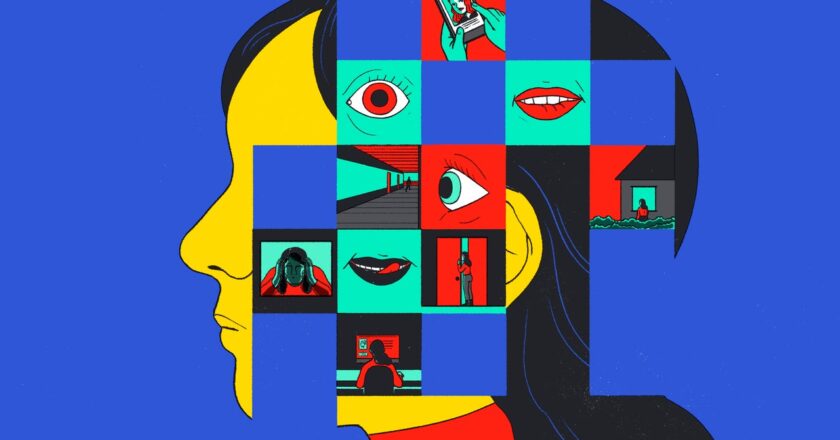When the World Goes Quiet
The narrator of Eliza Barry Callahan’s “The Hearing Test” is an artist in her late twenties named Eliza who lives in New York City. She wakes up one morning in August with a buzz in her ear that’s accompanied by the sound of “perpetually rolling thunder.” “It’s like God adjusting his piano stool but never getting around to the song,” she says. Her dog’s bark is “distorted and distant.” Her own voice sounds unfamiliar, the volume “dialed up and the pitch . . . shifted.” She’s supposed to board a plane to Venice that afternoon—her friend is getting married—so she rushes to an emergency clinic, where a nurse praises the cleanliness of her ears and a doctor administers a hearing test. Afterward, he announces, cryptically, “Bad luck.” The words have the ring of a diagnosis.Eliza has come down ...



